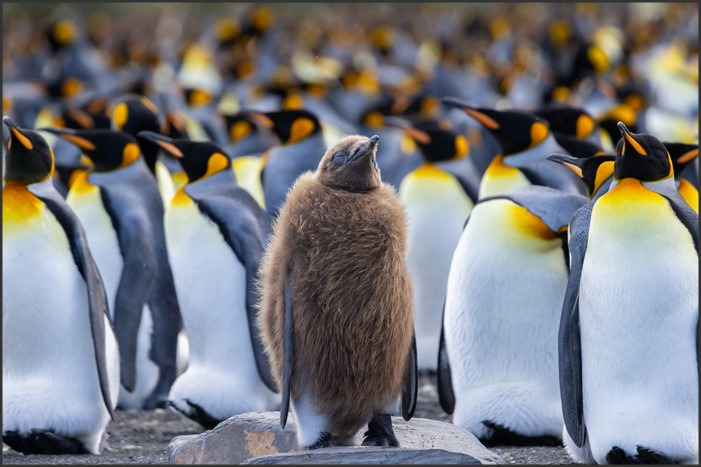Tag Archives: Beach penguin
Beach Penguin: Meeting the Fascinating Birds of Coastal Regions

Source : https://oceanographic.s3.eu-west-1.amazonaws.com
Welcome to Beach penguin, a website dedicated to exploring the fascinating world of coastal birds. Here, you will learn about the unique behaviors and habitats of these amazing creatures, as well as the threats they face from human activities. From the majestic albatross to the playful puffin, you will discover the beauty and diversity of coastal birds. We hope that by learning more about these birds, you will be inspired to help protect them and their habitats. So, let’s dive in and explore the wonderful world of coastal birds!
Exploring the Unique Habits of Beach Penguins: A Closer Look at the Fascinating Birds of Coastal Regions
Penguins are one of the most iconic and beloved birds in the world, and beach penguins are no exception. These fascinating creatures inhabit the coastal regions of the Southern Hemisphere, and their unique habits and behaviors have captivated scientists and bird-lovers alike. In this article, we will take a closer look at the unique habits of beach penguins and explore the ways in which they differ from other species of penguins.
Beach penguins are well-adapted to their coastal environment, and they have developed a number of unique behaviors in order to survive. One of the most notable habits of beach penguins is their tendency to form large colonies. These colonies can range in size from a few dozen to several thousand birds, and they provide protection from predators and a safe place to raise their young. Beach penguins also have a unique diet, which consists mainly of small fish, krill, and other marine invertebrates.
Beach penguins are also known for their remarkable swimming abilities. They are able to dive to depths of up to 200 meters in search of food, and they can swim at speeds of up to 20 kilometers per hour. This makes them well-suited to their coastal environment, where they can easily find food and avoid predators.
Finally, beach penguins are also known for their remarkable social behavior. They form strong bonds with their mates, and they are highly social creatures. They often form large colonies, and they communicate with each other through a variety of vocalizations.
Beach penguins are truly remarkable creatures, and their unique habits and behaviors make them a fascinating species to study. By understanding their habits and behaviors, we can gain a better understanding of the coastal environment and the ways in which these birds interact with their environment.
Beach Penguins: How Climate Change is Affecting the Species and What We Can Do to Help
Climate change is having a devastating effect on beach penguins, a species of penguin that lives in the coastal regions of the Southern Hemisphere. As temperatures rise, sea levels rise, and ocean currents shift, beach penguins are facing a number of challenges that threaten their survival. This article will discuss the effects of climate change on beach penguins, as well as what can be done to help protect them.
The most immediate threat to beach penguins is the loss of their habitat. As sea levels rise, beach penguins are forced to move further inland, away from their traditional nesting grounds. This can lead to a decrease in the number of chicks that survive, as they are more vulnerable to predators and other environmental hazards. Additionally, beach penguins are also facing an increase in ocean temperatures, which can lead to a decrease in the availability of food. Warmer waters can also lead to an increase in the number of predators, such as seals and sharks, which can further reduce the number of beach penguins.
In order to help protect beach penguins, it is important to reduce the amount of greenhouse gases that are released into the atmosphere. This can be done by reducing the amount of energy used in homes and businesses, as well as by using renewable energy sources such as solar and wind power. Additionally, it is important to reduce the amount of plastic and other pollutants that are released into the ocean, as these can have a negative effect on beach penguins and their food sources.
Finally, it is important to protect beach penguins’ nesting grounds. This can be done by creating protected areas where beach penguins can nest and breed without fear of disturbance or destruction. Additionally, it is important to monitor Beach penguin populations and ensure that they are not overfished or hunted.
By taking these steps, we can help protect beach penguins from the effects of climate change and ensure that they can continue to thrive in their natural habitat.Beach penguin is an excellent resource for anyone interested in learning more about the fascinating birds of coastal regions. It provides detailed information about the behavior, habitat, and conservation of these birds, as well as tips for observing them in the wild. With its comprehensive coverage of the subject, Beach penguin is an invaluable resource for birders, naturalists, and anyone else interested in learning more about these amazing creatures.





